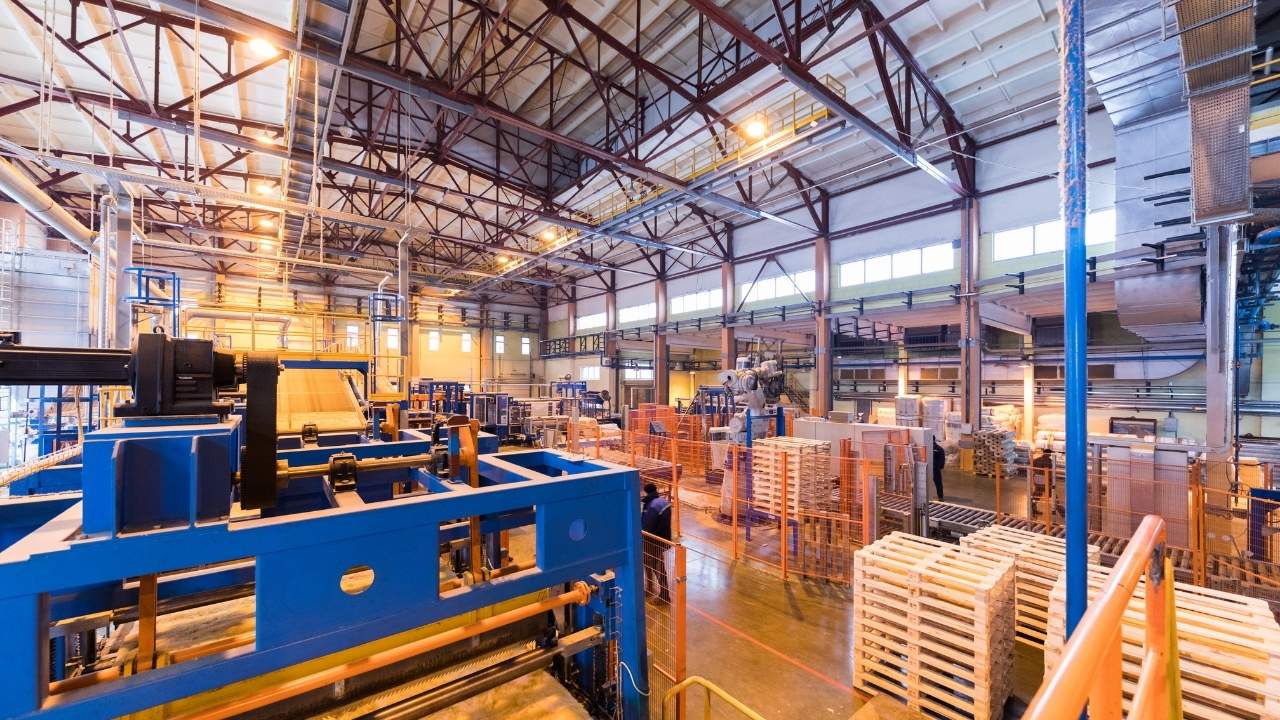Business case example for Cloud ERP solutions
The Background
Let’s examine a business case example with the Cloud ERP solution in mind. You may be considering the decision to move to a new ERP system or adopt one for the first time. Migrating your existing ERP system to the cloud will make a world of difference on your business journey.
All you have to do is just use the solution and all the rest is the responsibility of the solution provider. The solution could be up and running for your business in a matter of days.
[widget id=”custom_html-22″]
Barriers to implementation
A 2015 Deloitte report cites 10 common barriers to ERP implementation. The top five concerns were related to change management: resistance to change, inadequate sponsorship, unrealistic expectations, poor project management, and lacking a compelling case for making the change.
A good change management strategy
The following criteria will help create a good change management strategy:
- Consider all stakeholders-both direct and indirectly affected by the change: It is important to address learning issues with the new tools and technologies and how they can derive optimal advantage
- Leverage the custom capabilities of the solution: It is important to leverage functionalities like context-specific analytics, mobile capabilities, customization dashboards, invoice scanning, collaboration tools, etc. This will generate greater productivity benefits from your business processes.
- Prioritize processes based on the volume of transactions rank: Select the most critical ones or the ones with a higher volume of transactions for maximum business leverage.
- Creating the right user experience is critical: Before selecting the ERP solution, get feedback from key stakeholders. Training will be required to create comfort levels. A parallel operation of two systems may be required for a brief period before the changeover is complete.
- After you decide to go digital don’t hum and haw: Don’t vacillate on your decision. You will miss out on the proven benefits of better ROI generation and lower cost structures. While making a business case to the management, you must highlight features/functionalities in relation to competitive benefits. Forecasts on business advantage must be accurate and not motivated,
[widget id=”custom_html-20″]
The Benefits
The benefits of a cloud-based ERP solution as a business case example are:
- Cost-effectiveness (generally 30% less expensive than on-premise)
- Limited IT resources are needed for implementation or support.
- Software is always current and supported by the vendor due to automated online updates
- Faster time to deployment, faster time to create business value, and less risk
- Scalable on both features and users with good integration possibilities with other cloud-based products
- Better security and functionality than other options for the same price bands
Saas ERP as a business case example
SaaS ERP or cloud ERP implementations provide accurate actionable data for managers. The ease of integration through application programming interfaces (APIs) using universal technology standards, and the growth of embedded BI tools in these solutions allow managers to view combined accounting, sales, and operational information in a single glance with real-time report generation. They can see trends as they occur, react to changes in operations or market requirements in real-time even proactively make data-driven decisions and the most accurate predictions possible.
The solution can help you to identify your strengths and weaknesses and eliminate duplication of effort allowing you to optimize business processes that will enable you to reach higher levels of productivity and business competence.
[widget id=”custom_html-21″]
What may happen if you stick to your legacy solution
If you still would still like to stick to your on-premise system, be ready to face these challenges:
- Much higher TCO and obsolescence issues
- Need for specialized knowledge resources in-house or on-call that may be difficult to access as the system gets older
- Decreasing and/or more expensive support from the software vendor as old systems approach end-of-life and becomes obsolete
- Risk of catastrophic data loss due to hardware or software failures as all the facilities are in one location including the backup data
- Increased costs or an inability to customize for evolving business needs, which can result in increased manual processes or multiple standalone systems that are unproductive to juggle between
You don’t have to be stuck with your on-premise ERP. You can switch to the cloud ERP in an easy and hassle-free manner.
[widget id=”custom_html-25″]
Why Versa Cloud ERP
We at Versa have created a secure cloud-based comprehensive multi-award-winning ERP solution.
Our solution is designed for fast-growing businesses, between $1-$50M in annual revenue, looking to upgrade business management solutions. It is built to be capable, affordable, and easy to use by small and mid-sized businesses.
You can automate and optimize their operations across multiple companies, countries, and currencies with one integrated ERP system.
[widget id=”custom_html-40″]
[widget id=”custom_html-34″]
We’d love to hear from you.
Reference:
http://ww2.cfo.com/erp/2016/03/case-cloud-based-erp/
http://www.erpnews.com/change-management-building-a-case-for-cloud-based-erp/






